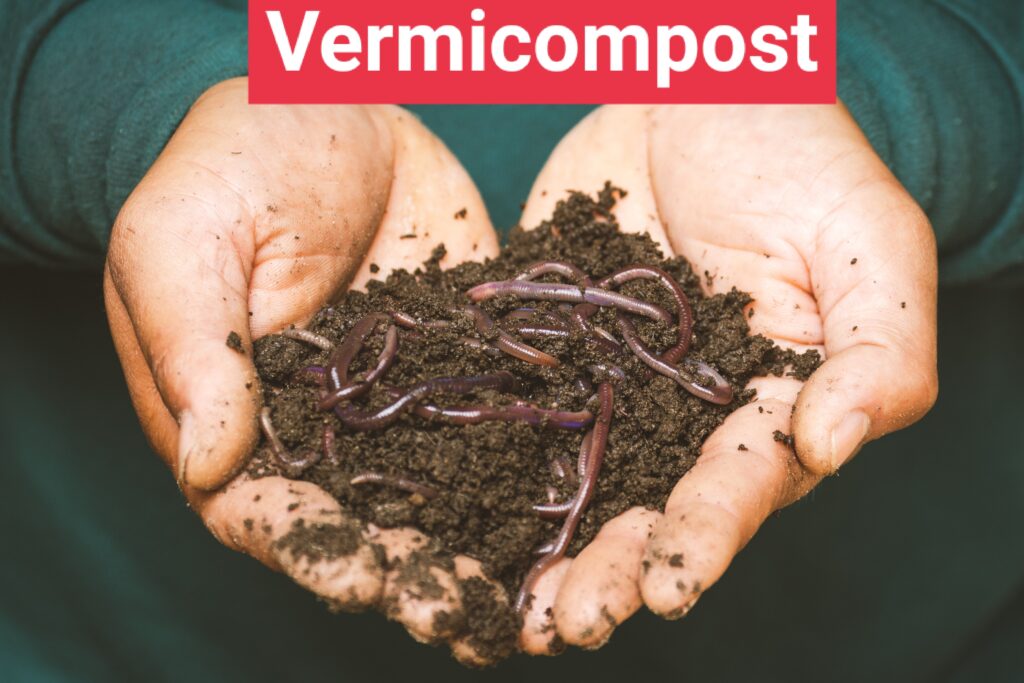What is Organic Farming: In organic farming, instead of chemical fertilizers, organic manure (such as manure made from cow dung and rotted vegetables and leaves) is used. Hello, you know that India is an agricultural country. In India, more than 50% of people depend on agriculture for their livelihood. India’s climate and soil are considered very suitable for farming. You already know that the population of India is increasing continuously, in this situation there has been a lot of change in the methods of farming. Before independence, there was no trace of chemical fertilizers in India. But now, as the population is increasing, the demand for food grains and vegetables is also increasing, due to which chemical fertilizers are used in excessive quantities for farming. Chemical fertilizers prepare crops and vegetables in a short time, but they have thousands of side effects on our health.

Organic Farming In Detail
In view of the increasing number of diseases, now the government is also encouraging farmers to do organic farming. Organic agriculture means keeping the soil in its natural form while increasing yield and soil fertility without harming the environment. Under organic farming, farmers use natural fertilizers such as cow dung manure, compost, bacterial manure, and residues of rotten street vegetables and leaves. Organic farming not only keeps the environment pure but also helps in maintaining the fertility of the soil naturally. Elements found in nature are also used as pesticides in organic farming.
The demand for fruits, vegetables, etc. obtained by organic farming is very high in the market. Because the vegetables and crops that are obtained through organic farming benefit us because natural manure is used in them.
Also, Read Banana Farming In India 2023
How To Do Organic Farming
Now the question comes of how to do organic farming. Friends, as I told you that mineral substances available in nature (cow dung, compost, etc.) are used in organic farming. Apart from this, friendly bacteria and organic pesticides are used in organic farming to kill the insects that harm the crops.
Types of Organic Farming
There are 2 types of organic farming which are as follows:-
- Integrated Organic Farming: Pest management and integrated management are included in this keeping in view the ecological demand and needs.
- Pure Organic Agriculture: Under this all unnatural chemicals are avoided. In this, only natural fertilizers and pesticides are used.
Benefits or Advantages of Organic Farming
- Organic fertilizers increase the fertility of the land.
- Organic fertilizers are much cheaper than chemical fertilizers.
- Due to the increase in the demand for organic products, there has been an unprecedented increase in the income of the farmers.
- By reducing evaporation, organic fertilizers increase the capacity of holding water for a long time.
- Rotten things are used in organic manure. Due to this, there is no risk of diseases.
- It also works to increase the underground water level.
- Consumption of organic products does not cause any kind of disease.
Also, Read Onion Farming In India 2023
Making Organic Manure
How to make organic manure:- You can make organic manure from cow dung, green leaves, mole urine of animals, remains of crops, rotten vegetable fruits, etc.
Process of making organic manure from cow dung
First of all, dig a pit 15 feet deep with 10 feet in length and width. However, you can increase or decrease it as per requirement. After that put cow dung, animal excreta, urine, and rotten street vegetables in it. Then mix water in proper proportion and cover it well with cow dung. Your organic fertilizer will be ready in 2 to 3 months.
Also, Read Potato Farming in India 2023
Vermicompost Earthworm Manure

As you must have read in books in your childhood that earthworm is the friend of farmers and it is absolutely true. To make vermicompost, you will need 5 kg of earthworms, neem leaves, cow dung, etc. Aesenia foetida, Pyronoxy exaquata, Aediles earthworm prepare manure in 30 to 45 days. To make this compost, first of all, you have to dig a big and long pit. After that, you have to put earthworms, soil, cow dung (as per requirement), neem leaves, and water in that pit. Earthworms starts preparing vermicompost in just a few hours.
Nitrogen, potash, calcium, phosphorus, iron, etc. are found in abundance in vermicompost and cow dung manure, which increases the yield of crops.
Also, Read What is Manure and Fertilizer
